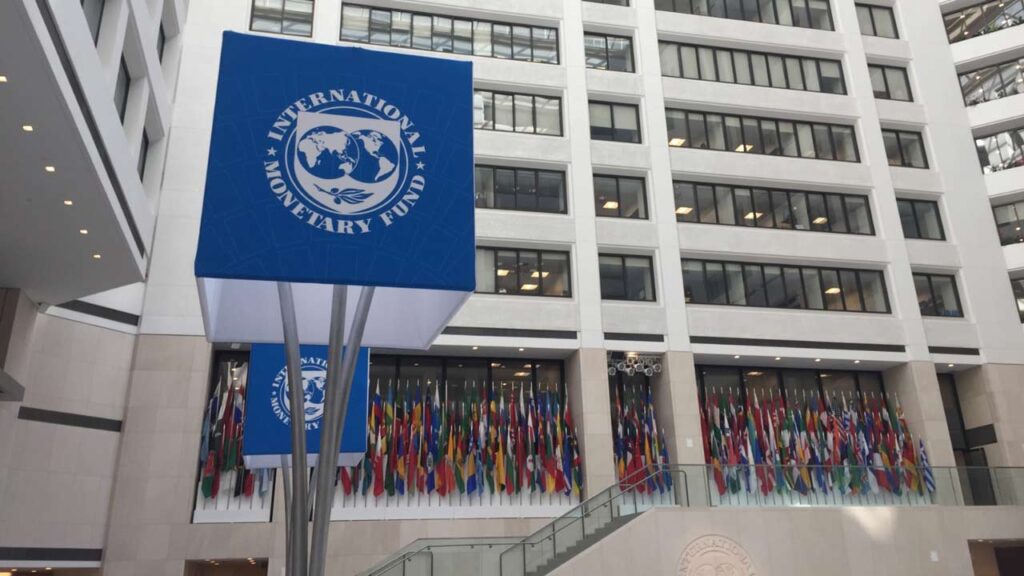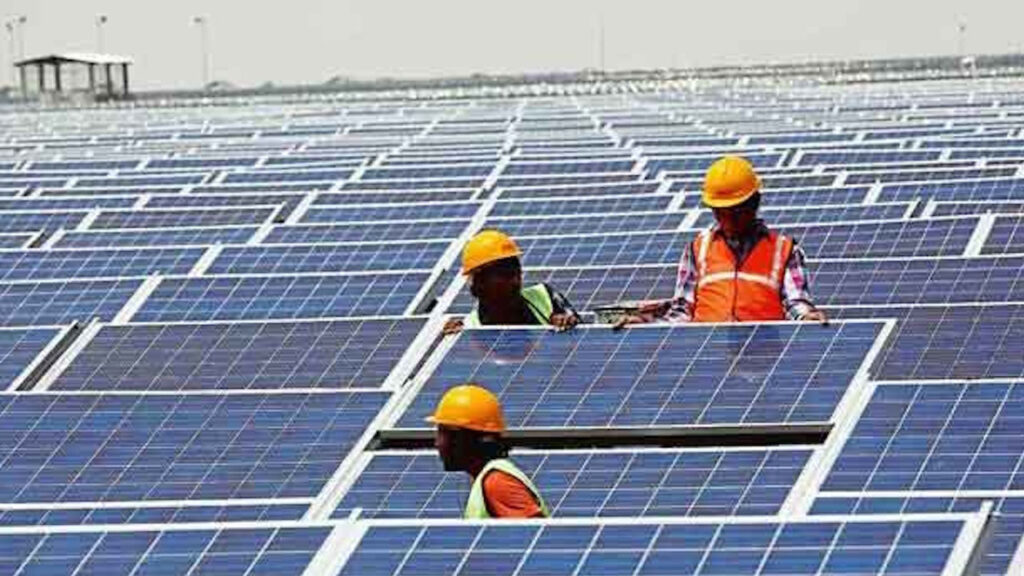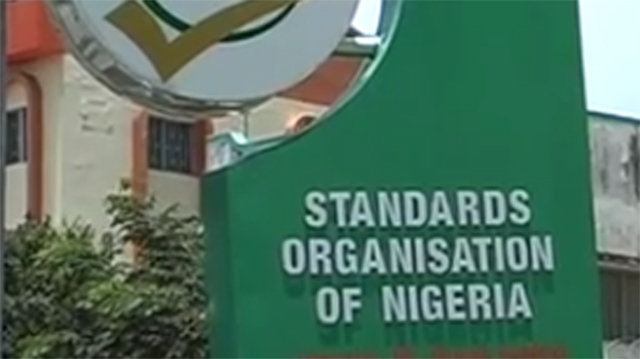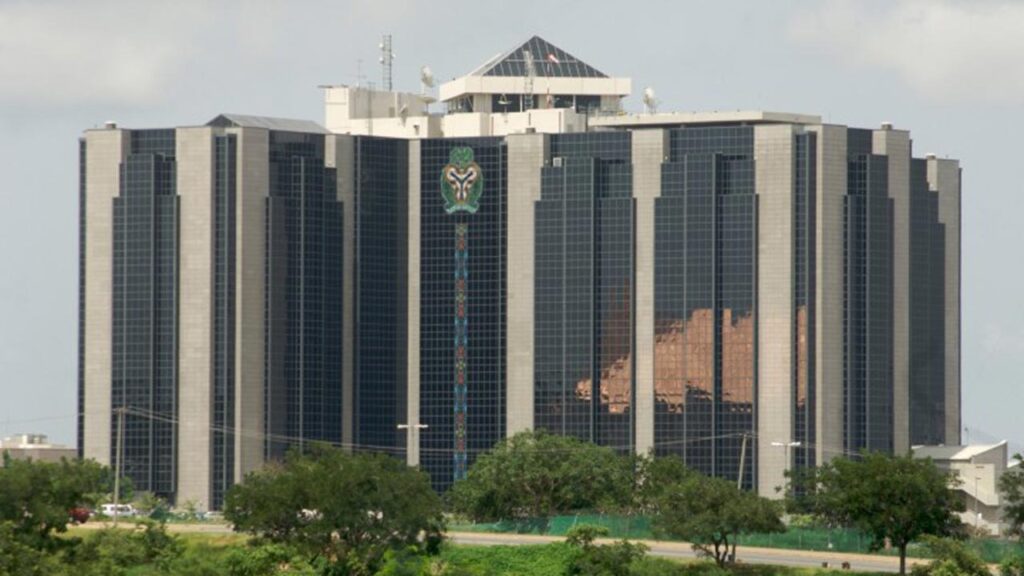
The Minister of Finance and Coordinating Minister of the Economy, Wale Edun, has said that the Federal Government is offering credit facilities to businesses, including manufacturers, up to ₦1 billion at a 9% interest rate.
Speaking on Channels Television’s Sunday Politics programme, Edun explained that the current administration recognises the challenges entrepreneurs face in accessing affordable funds for their businesses, hence this initiative.
He stated that small-scale entrepreneurs can receive up to ₦1 million in credit facilities, while larger businesses can access up to ₦1 billion at a 9% interest rate, significantly lower than the current interest rate of 26.25% recommended to commercial banks by the Central Bank of Nigeria (CBN).
“The emphasis is on ramping up food production, dealing with food nutrition, and addressing food insecurity,” Edun said.
“We are also helping small-scale businesses through grants and nano-enterprises through grant funding. This is being rolled out in a manner that meets world-class standards, with biometric identification of beneficiaries and digital payment processes for easy reconciliation.”
Edun stressed the importance of providing 9% loans for medium-scale enterprises and up to ₦1 billion in funding for larger enterprises to help manufacturing firms invest, grow the economy, employ more people, and produce more goods, ultimately helping to reduce inflation.
“That is the emphasis, to make sure that we ramp up that speed and the scale of the help. That is there even loans are 9% for medium-scale enterprises, up to ₦1 million for the smaller enterprises and then for the larger enterprises up to ₦1 billion in funding at 9% so that those manufacturing firms can invest grow the economy employ people produce more goods that will help to bring down inflation.”
He assured Nigerians that food prices would decrease in the coming months, acknowledging that food insecurity is a global issue, noting that the federal government has dedicated special funding for infrastructure to boost agricultural output.
“Inflation is high at 33.65%, and food inflation at 40.5% is worrisomely high,” Edun said.
“However, inflation is coming down month-on-month. It is expected to reduce as we continue the dry season harvest and move into the wet season harvest. A lot of emphasis is being placed on increasing agricultural output to bring prices down, which will be a significant factor in reducing inflation.”
In recent weeks, prices of food and basic commodities have surged as Nigerians grapple with the country’s economic crisis, sparked by the government’s policies of petrol subsidy removal and unification of forex windows.













